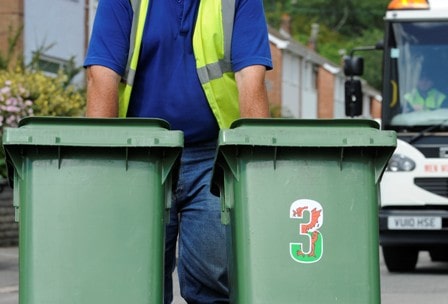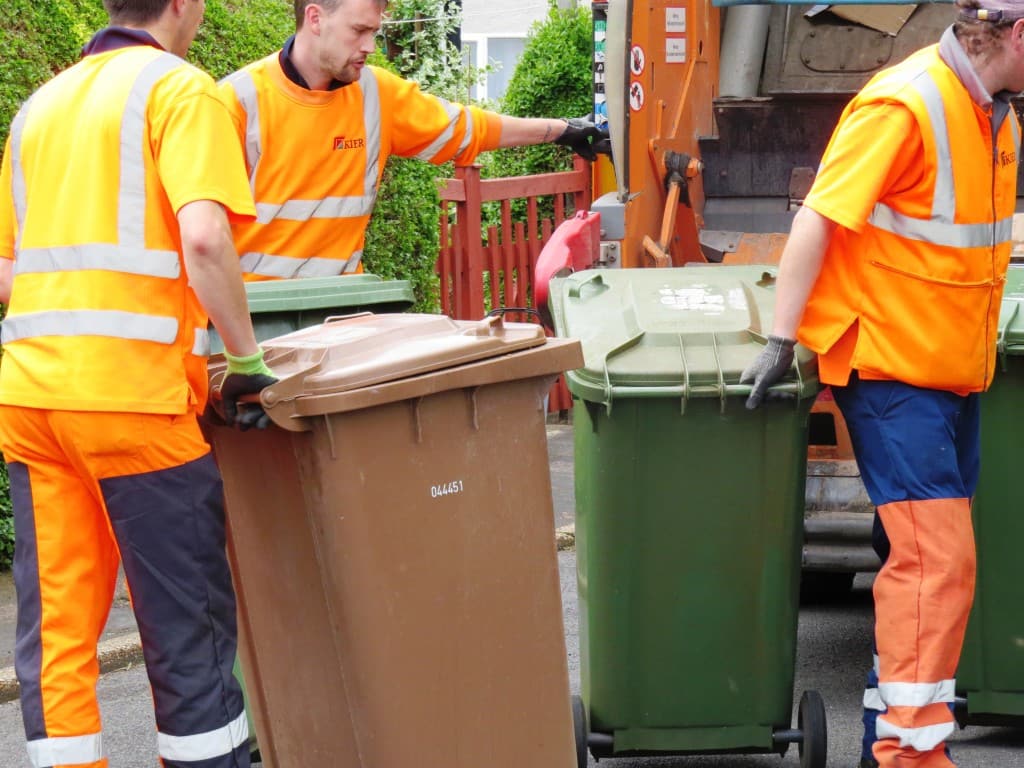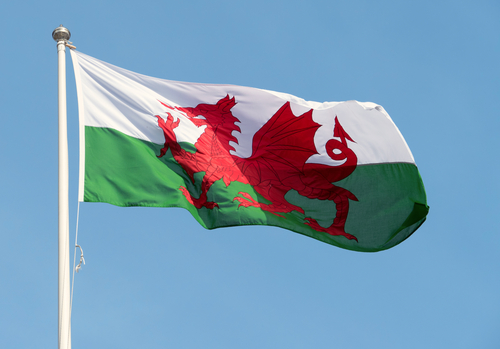
The £15.1 million overhaul will include a move to monthly residual collections, switching to segregated kerbside recycling and working on an Absorbent Hygiene Product (AHP) recycling project.
From 2021 the majority of houses will have their residual waste collected once every four weeks. The service changes were initially approved by Denbighshire’s cabinet in December 2018 and are now set to be examined by the council’s scrutiny committee at a meeting on 24 October.
Councillor Brian Jones, cabinet lead member for highways, environmental impact, waste and sustainable travel, said: “There is more focus than ever on councils across Wales improving their recycling rates, with the expectancy that the rates will be set even higher in the coming years and we want to be ready for those changes.
“The introduction of the new services will help the county improve its recycling rates and improve the quality and value of the recycling we collect.”
Conwy county borough council switched to four weekly collections last year and reported in March that it had seen an 11% spike in the tonnage of recyclables collected after the change. (see Letsrecycle.com story)
Falkirk council also provide four weekly residual collections and it is being considered by a number of Welsh local authorities.
“The introduction of the new services will help the county improve its recycling rates and improve the quality and value of the recycling we collect.”
At least £8.15 million of capital funding for the collection changes will come from the Welsh government and the council estimates a saving of £549,000 in the first seven years.
AHP recycling
Denbighshire is also involved in a Welsh project to develop more facilities for recycling AHP, which can often be a significant component of residual waste.
Welsh councils are working with the devolved administration to deliver AHP recycling facilities by April 2021. Denbighshire has received £245,000 of funding to acquire vehicles, caddies and depot infrastructure which it is hoped will increase the county’s recycling rate by 1%.
Under the four weekly collections a separate weekly collection for nappies and incontinence wear will be offered to households who require it.
Segregated collections
The kerbside recycling collections will be weekly and residents will use a Trollibloc bin stacking system to sort their recyclate.
Paper will be collected separately from card. A report to the scrutiny committee notes that this will “secure higher sale prices for the paper and also reduce confusion to the public as they will not need to separate different coloured card (white and grey from brown)”.
There will also be a new kerbside collection for textiles, small electrical goods and batteries – a service increasingly being provided by local authorities. (see Letsrecycle.com story)
Behaviour change
As well as the collection and processing changes set for 2021, this autumn Denbighshire will introduce measures aimed at changing recycling behaviour in the county.

This will include a food waste programme, featuring a 600 household trial of new microchip technology to monitor which households are not using their food waste caddies – the council have been quick to defend use of this technology.
A spokesperson said: “The Council are not doing anything we haven’t been doing for years. Monitoring participation of households is something our recycling teams do when they have the staffing resources to spare.
“Most people carry mobile phones that track their whereabouts, and many have allowed listening devices in their homes through home entertainment enhancements. The chip on a caddy does none of these things. It simply tells us who is putting out food waste for recycling and who isn’t, and the pilot will test whether this is a good indicator of who is recycling generally and who isn’t.”
The data will be used to identify and engage with occasional recyclers. This will mainly be through “soft” interventions, though fixed penalty notices can be used against households who do not change their recycling behaviour.









Subscribe for free